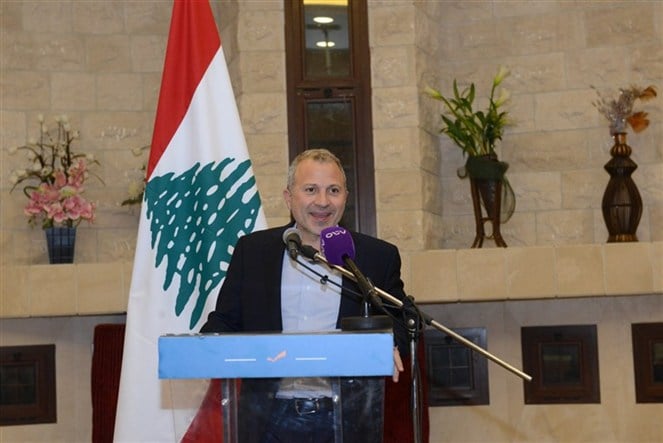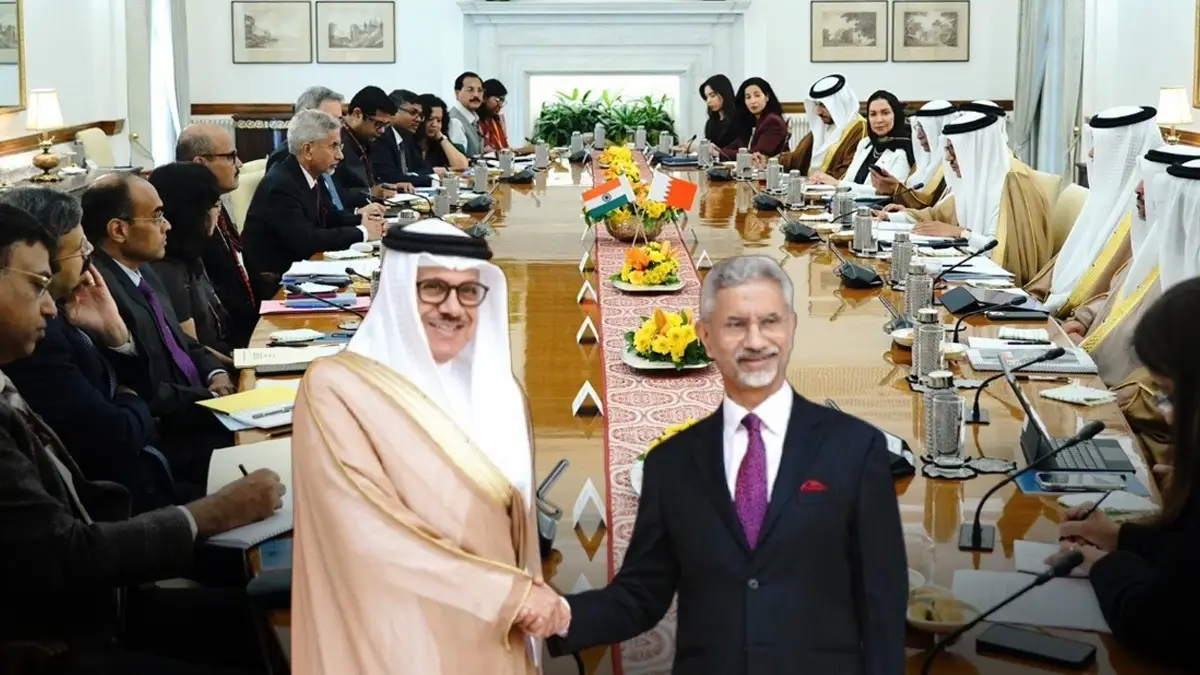Copyright tayyar

As part of his tour of the Byblos district, Free Patriotic Movement President MP Gebran Bassil visited the town of Hissarat, where he met Father Jean Assi, who presented him with a copy of the Holy Bible as a gift. Bassil then paid tribute at the home of the martyrs Tony and Naaman Boulos, expressing how deeply he was moved by their humility, strong faith, and the example of their large family of seven young men. Bassil concluded his visit with a gathering in the Al-Baydar Church hall, where he delivered a speech saying: “I have often heard about Hissarat, but today, during my brief time here, I truly felt the spirit of this town. I saw the simplicity and authenticity of the Lebanese people — their attachment to traditions, their generosity, and their greatness. I saw both the old and new church, and I witnessed people devoted to their land and committed to their country.” He added that “this town reflects who we are — a people who believe in the state, legitimacy, the security forces, and above all, the army that protects us. I met with retirees and supporters and saw how much we consider ourselves children of this legitimacy — a path for which we have paid a high price through betrayal and sacrifice.” Commenting on recent controversies, Bassil said: “You speak about the burning of a picture, but that is trivial compared to the betrayal of lives of the young men from this village who were martyred simply because they believed in the state and in legitimacy.” He continued: “We are engaged in a battle for existence, a struggle to preserve our identity and our culture. That is why we have nothing but the state and the army, the only institutions capable of protecting our sovereignty and dignity.” Bassil warned that Lebanon’s army is often left to face challenges alone: “Throughout history, when threats came from within and without from occupiers, guardians, terrorist groups, and those who coveted our land and wealth, the army was abandoned, given little support, and expected to shoulder the burden of defending Lebanon and ensuring its sovereignty.” He criticized the double standards in dealing with the military: “When Lebanon is attacked, they expect the army to remain passive. We place enormous responsibilities on it, yet offer minimal resources and worse, we fail to give it clear political direction. Publicly, they call on the army to act decisively and enforce the law, but privately, they tell it to ‘turn a blind eye.’ This contradiction leaves the army trapped between conflicting messages.” Bassil emphasized that true leadership requires transparency: “In times of great crisis, those in power must speak honestly to their people — explaining what can and cannot be done, presenting a clear vision, and offering reassurance. Otherwise, individuals begin to seek their own protection, believing it is their right and duty to defend themselves. This is what we must avoid — because those who fell as martyrs did so for a Lebanon where all of us can live together in peace and mutual trust.” Turning to the subject of the diaspora, Bassil reflected on the concept of “the siege of exile and dispersion.” “We use this term so that our people abroad never feel alienated from their homeland. Even if they live far away, they remain Lebanese deeply rooted, even as they integrate and succeed wherever they go.” He spoke proudly of Lebanon’s global presence: “I have seen great wealth among our people abroad not just material wealth, but spiritual and cultural richness. Since World War II, Lebanese communities have spread worldwide, carrying our message and values. These diasporas preserved Lebanon and helped it endure through the toughest crises.” He reaffirmed the importance of strengthening ties with Lebanese abroad: “When we were at the Ministry of Foreign Affairs, we recognized our duty to maintain and strengthen the connection between Lebanon and its diaspora. For centuries, we have lost many Lebanese without establishing effective policies to keep them linked to their homeland. That is why we believe in giving the diaspora true representation through elected members abroad.” Bassil concluded: “We must work step by step to reconnect the diaspora with Lebanon, not only by restoring their citizenship, but by creating real incentives for them to participate in the life of the nation. This is what we are fighting for. It is why we have accepted sacrifices in our electoral interests for the sake of a Lebanon that belongs to all its people, at home and abroad.”



